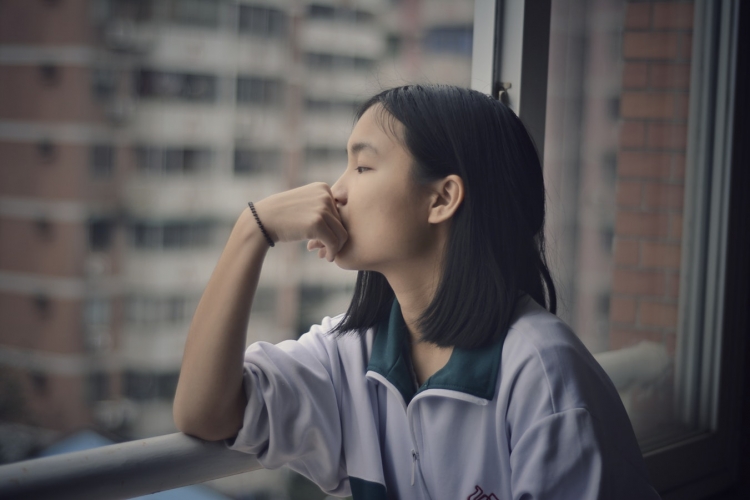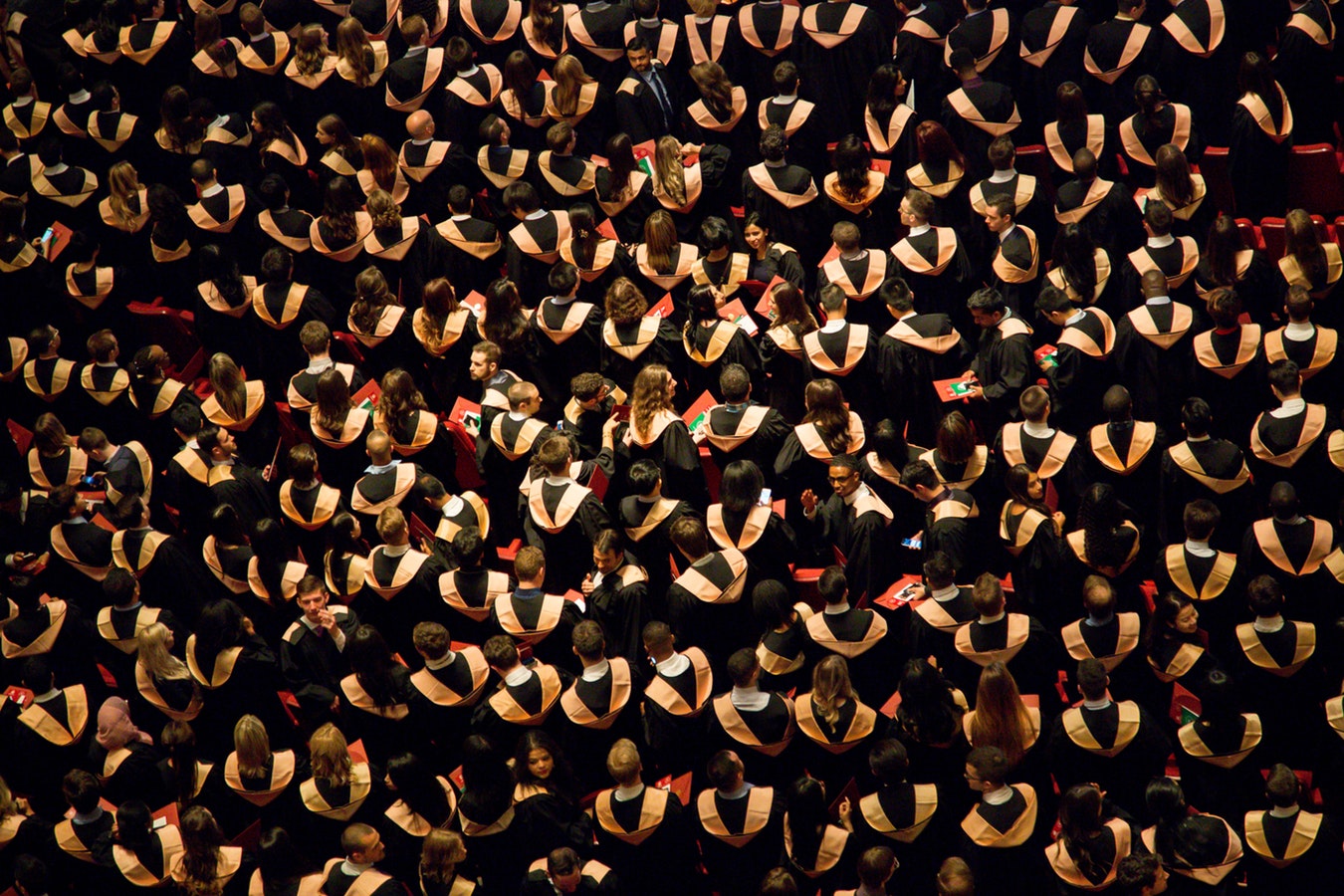Trump May Restrict Chinese Students' Visas

Trump has threatened to limit Chinese students' visas earlier in March, as part of a package designed to hit back at China for alleged intellectual property theft. At the moment, speculations are being made as to whether or not he will actually follow through on this part of his threat. But even if the specific claim itself eventually fizzles into oblivion, the weight of his words subsequently launched a brief, panicky surge of articles onto the internet. The majority were not in favor of the changes.
Most of the voices who fiercely protected Chinese students emphasized the importance of their presence in America. However, these findings were nothing new. Chinese university scholars who choose to study in America have garnered media attention for the past decade—and their sheer numbers lifted them higher into the spotlight. In fact, Chinese students represent the highest percentage of international students in American universities and they, among other foreign students, are often the ones paying the most to attend. Over the years, the way these Chinese students interact with America's economy, culture and ideas have been subject to much research. Today, taking into consideration the two world powers' already tense but necessary relationship, the way both their young and upcoming professionals interact may have distinct impacts on the future.
Dr. Albert Wu, a history professor at the American University of Paris, shared his thoughts on the topic. In terms of the reason behind the threat, he noted that, "It comes in part from the obvious political angle where Trump is appealing to his base anti-China policy, reinforcing the notion that China is the 'big, bad force that is stealing our jobs' and Chinese students are 'taking away positions from qualified Americans'."
"But I think it goes deeper than an appeal to his base," Wu continued, "I think it digs into base nativism as well." The xenophobic dialect in America dates back much further than the Trump presidency but seems to be taking another rise under his leadership. "On the other hand, China hasn't really been helping its own image much either," Wu added, referring to Xi Jin Pin's recent declaration to rule for life and the buzz surrounding China's evolving surveillance state.
If the threat actually goes through, Wu predicted like many others that it could be a blow for middle-tier American universities, who rely heavily on international students' funding. Well-known and established universities may not be affected as much so their appeal would not change. But, schools that don't make the top list may lose these students to other areas, namely Canada and Europe. In addition, China's own education system has been developing rapidly, making the option to study at home even more desirable. The past few years alone, the amount of international students in America has already dropped. This immigration policy would only drag that number lower.
Image Credit: Unsplash/tfaustin
Helen Ying is the National Vice President of the Chinese American Citizen's alliance. Ying currently serves as a hearing officer for school districts and consults local governments on strategic planning and collaboration. She believed that despite the restrictions, the pull for Chinese students to come to America will always be strong because of the opportunities the traveling offers.
American college campuses have been a pull for many years, "I remember a young Chinese student who came here from Bei Da. He was one of the many students allowed to stay in America during the Tiananmen Massacre," Ying said. "He wanted to start a protest and was trying to rally people together. My organization later stepped in to make sure he got the right message across. The point is, many Chinese students come and bring their Chinese ideologies with them; they come and have to adapt to a different way of being politically active. I don't think this allure of America will go away so easily." She continued with a chuckle, "My own daughter-in-law was actually a Chinese student herself. She loves it here." When she was 11, Ying came to America from Hong-Kong.
On the potential visa restriction, Dr. Wu continued, "Although times have changed with China's rising middle class, there's often still a self-perpetuating critique about how the majority of Chinese students come from rich families—take Xi Jinping's daughter at Harvard, for example. From an American perspective, there's then the obvious nativist right-wing perspective. But maybe from a progressive left-wing stance, Americans can focus on protecting people instead. Maybe we can re-evaluate the current proportion of student visas to political refugees. For this to happen though, it would take conscious and proactive effort." The Immigration Policy Institute discussed the high amount of students that make up Chinese immigrants.
As Wu saw it, there may be "unintended consequences" from the restriction that may serve another purpose, "We've certainly seen this with past student immigration. When the government switched its student visa requirements in 1965 from skill-based quotas, the leaders were actually hoping to encourage "white" immigration and the many Jewish refugees that emerged after 1945. The irony is that although the switch was not intentionally pro-Asian, there was an influx of Asian immigrants, mainly Chinese and Indian, following the new policy. If Trump limits Chinese students' visas, it may cause another shift. There's no way to tell for sure which way it will go but this is definitely no joke," Wu said.
Wu finished, "Whether or not a country is perceived as welcoming can affect an entire generation. In the end, a whole crop of talent may go elsewhere- and this may not be positive for America."








